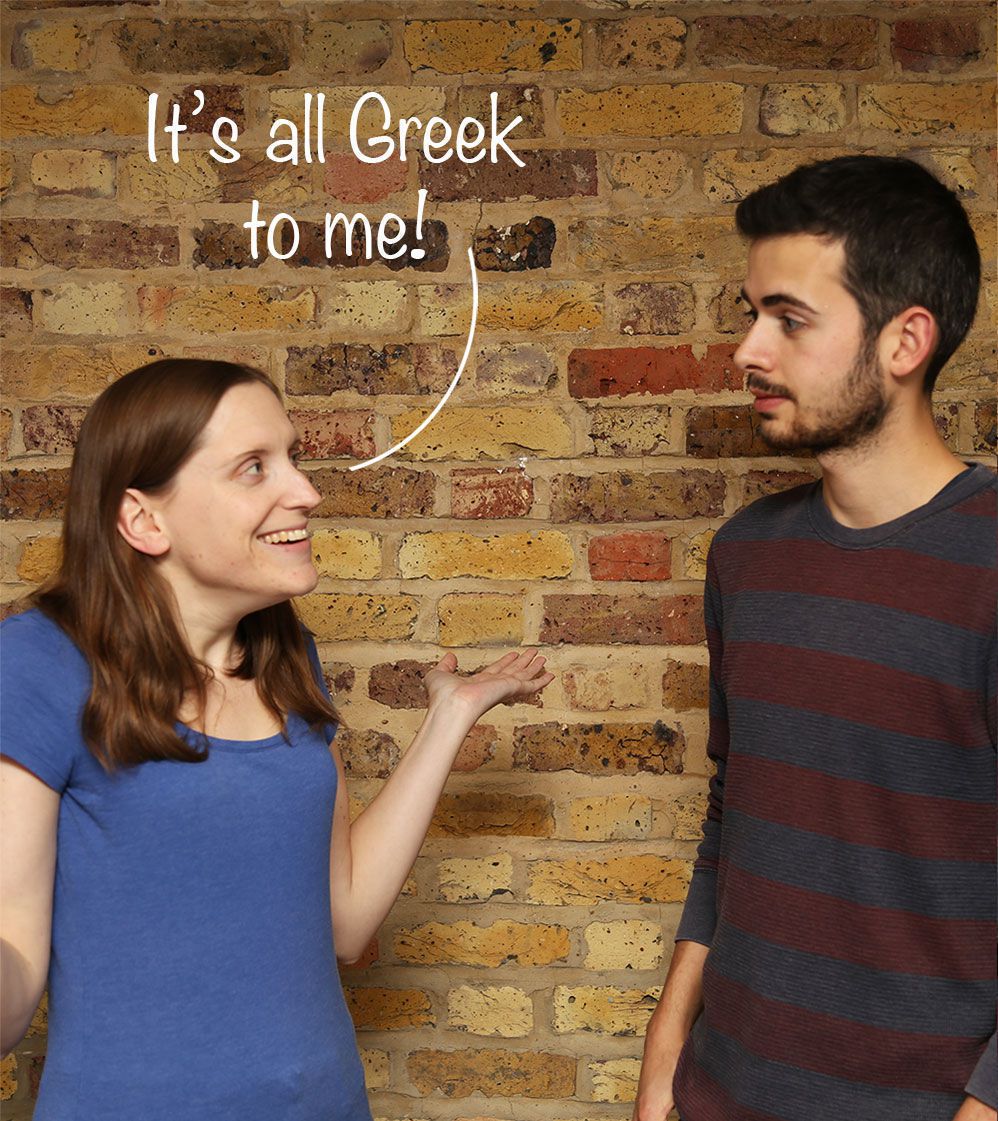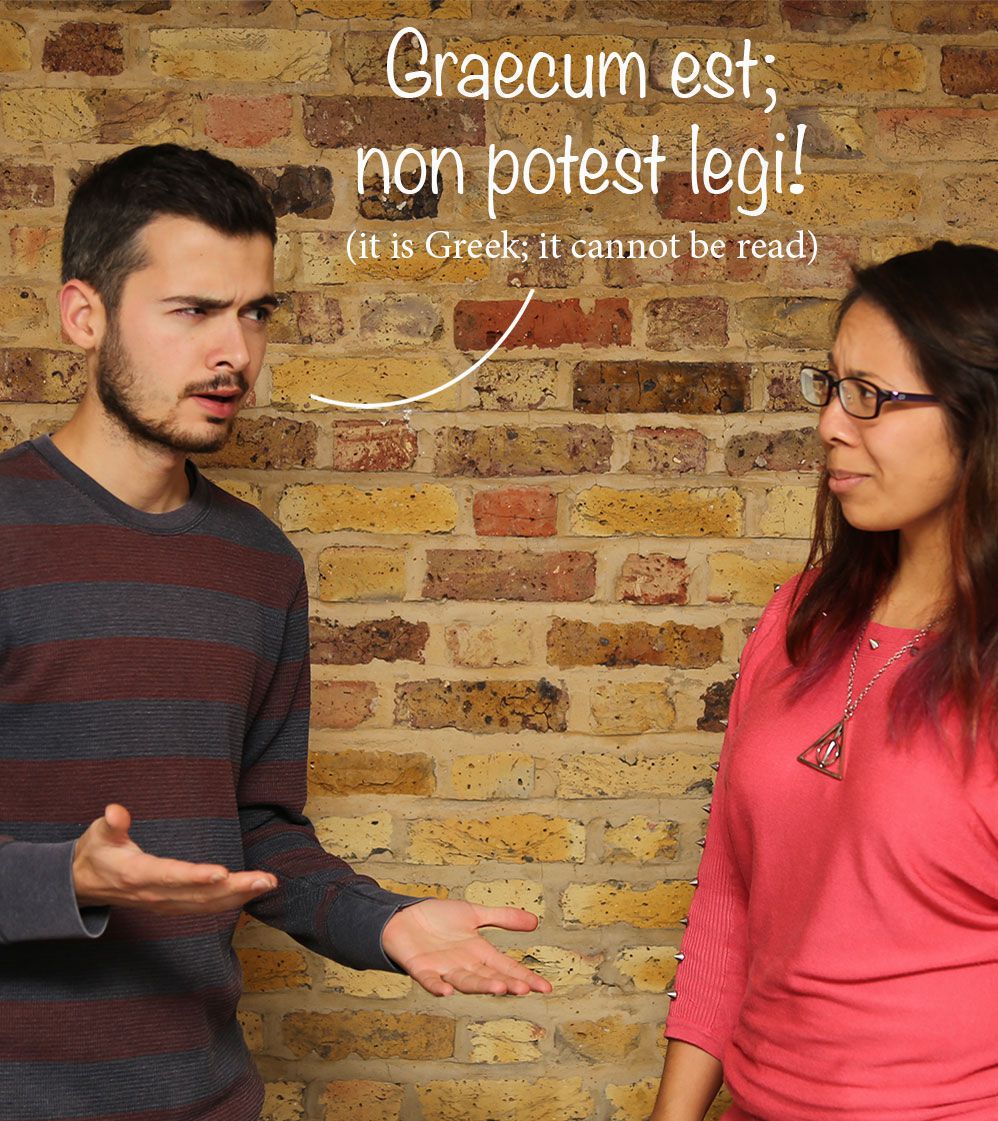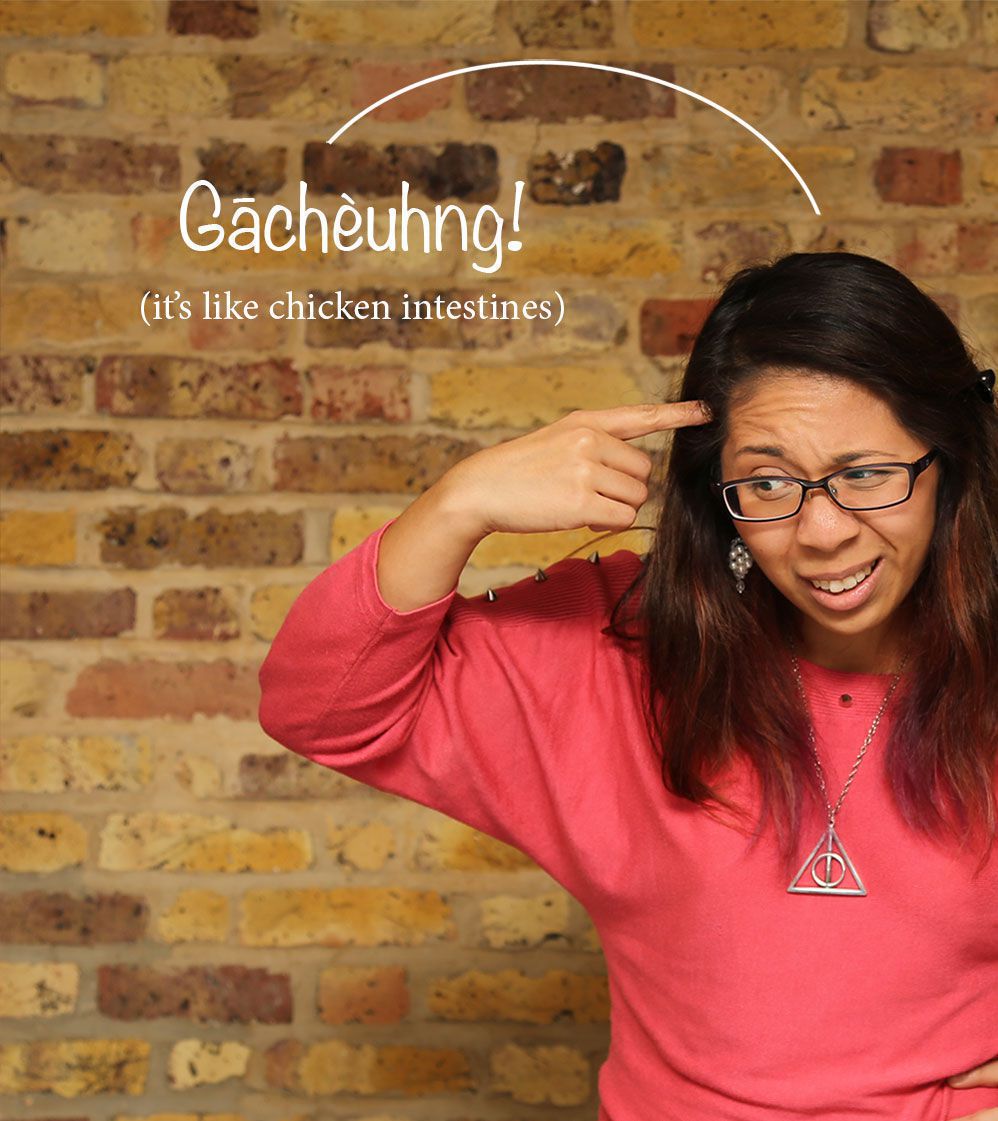Breaking down barriers with The Broke Backpacker
Meet Will. He’s the writer and adventurer behind travel blog The Broke Backpacker, and he just embarked on an epic two-year journey from home in the UK to Papua New Guinea.
The twist? He’s not taking any flights. Oh, and he’s travelling on a daily budget of $30.
Will’s been on the road already for two weeks, and is currently making his way through Europe. Over the next two years he’ll be visiting 30 countries, including Turkey, Pakistan, Myanmar, Tibet, and Indonesia, and sharing his adventures along the way.
Why are we telling you this?
Well. When we heard what he was planning, we figured Will might find himself in need of an app that includes over 120 languages from all across the world, which would enable him to talk to people wherever he goes.
Fortunately, it just so happens we have an app like that. So we’re very excited to announce that uTalk is the official language sponsor of Will’s adventure, and he’ll be using the app on the road to learn and speak everything from German to Tajiki, Albanian to Khmer. He’ll even be able to greet people in Tok Pisin on his arrival in PNG.
Will’s been travelling for seven years, and knows how important it is to speak a bit of the local language: “Learning a new language is hands down the best way to make new friends and peek behind the curtain. uTalk helps me to break down barriers, learn the local lingo and make friends in the most unexpected of places.”
We can’t wait to follow Will as he makes his way across the world, visiting some fascinating countries and meeting loads of interesting people. And we’re looking forward to hearing him speak all the languages 😉
You can follow Will’s adventures on Twitter or Facebook, or for more instant updates, on Snapchat (@wthatton).
Junior Language Challenge – 2016 here we come…
The Junior Language Challenge 2015 may be over, but we’re already thinking about next year’s competition. In 2016, we’d love to double the number of children taking part from 1,100 to 2,200, and raise even more money for our brilliant charity, onebillion.
Every year, we’re blown away by the enthusiasm and commitment shown by children, parents and teachers. 2015 was no exception, as you can see from our brand new video, made at this year’s final.
Please help us make next year’s competition our biggest and best yet, by sharing the video with friends and colleagues across the UK. Thank you!
For more details about the Junior Language Challenge, visit eurotalk.com/jlc or email jlc@eurotalk.com.
How does a Greek person say ‘it’s all Greek to me’?
‘It’s all Greek to me’. This is what an English speaker might say when they don’t understand something at all. In this context the Greek language is used as a metaphor for ‘something incomprehensible’.
So that got us thinking here at EuroTalk… if an English speaker uses Greek, what does a Greek speaking person use? And in fact how does this expression translate in other languages?
Well as it turns out there is a (somewhat complicated sounding) term for this – ‘language of stereotypical incomprehensibility’. So Greek is the language of stereotypical incomprehensibility in English.
Other languages have similar expressions and they usually pick as a metaphor for ‘impossible to understand’ a foreign language with an unfamiliar alphabet or writing system.
To answer our original question: in Greek the language used as a metaphor for incomprehensibility is Chinese.
Chinese actually turns out to be the most popular choice as a synonym for ‘I do not understand’ and is used in many languages, including Albanian, Arabic, Bulgarian, Catalan, Dutch, Estonian, French, Greek, Hebrew, Hungarian, Latvian, Lithuanian, Polish, Portuguese, Romanian, Russian, Serbian, Spanish, Ukrainian.
Greek itself follows closely, and is used as a language of stereotypical incomprehensibility in: English, Afrikaans, Norwegian, Portuguese, Swedish, Spanish, Polish, Persian.
(Bonus fact: the origin of the phrase in some European languages can be traced to the Medieval Latin proverb, ‘Graecum est; non potest legi’, which translates to ‘It is Greek; it cannot be read.’)
Sometimes the language of incomprehensibility is not a specific human language at all. For example a Chinese (Mandarin) speaker would use something that translates roughly to ‘Ghost’s script’, ‘Heavenly Script’ or ‘Sounds of the Birds’. And a Cantonese speaker might say, ‘These are chicken intestines.’
And how about a constructed international language, such as Esperanto? As a tongue-in-cheek reference, an Esperanto speaker would say ‘That’s a Volapük thing’, Volapük being another constructed language (with about 20 speakers).
How about you? What language do you use to mean ‘incomprehensible’? And is your language used by any other languages as a synonym for ‘impossible to understand’?
Bonus points question:
What does a person whose mother tongue is Greek, but who also speaks English, say in English when they want to say ‘It’s all Greek to me’?
Nikolay








